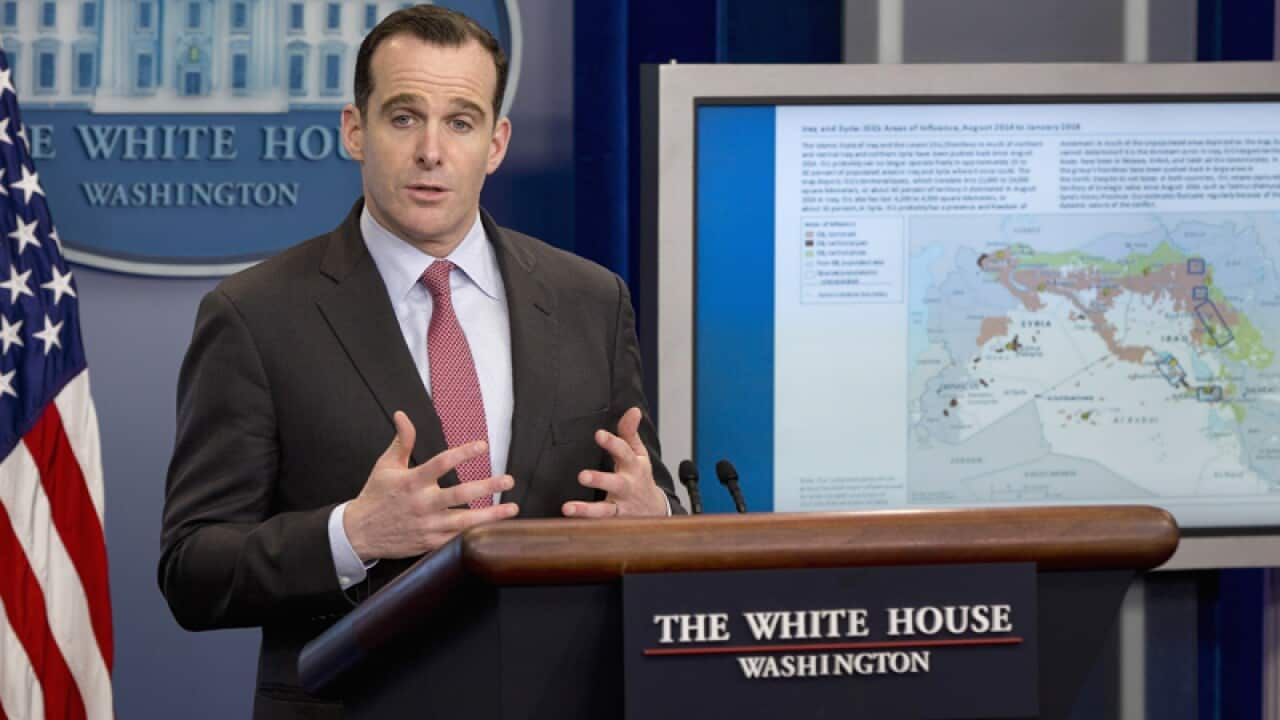US President Barack Obama has spoken with the heads of Germany, France and Britain about the agreement to end hostilities in Syria.
During a video conference call, Obama was joined by British Prime Minister David Cameron, French President Francois Hollande and German Chancellor Angela Merkel in welcoming the cessation of hostilities deal reached in Munich earlier this month.
The leaders "called on all parties to implement it faithfully" and "underscored the importance of an immediate halt to the indiscriminate bombing of civilian populations", the White House said in a statement on Tuesday.
The government of Syrian President Bashar al-Assad and rebel groups have accepted a plan for a cessation of hostilities to begin on Saturday.
With hostilities reported on several fronts, rebels backed by Saudi Arabia expressed doubts about the proposal, which excludes attacks by the Syrian army and its Russian backers on the jihadist groups Islamic State and the al Qaeda-linked Nusra Front.
Saudi-backed rebels said Russia had stepped up air strikes since the plan was announced on Monday.
For its part, the government in Damascus has made clear that continued foreign help for the rebels could wreck the deal.
Secretary of State John Kerry said the US would soon know if the plan would take hold. "The proof will be in the actions that come in the next days," he told the Senate Foreign Relations Committee in Washington.
If a political transition to a government to replace the present administration does not unfold in Syria there are "Plan B" options, Kerry said, in a reference to undefined contingency plans believed to include military action.
The next month or two would show if that transition process was serious and Assad would have to make "some real decisions about the formation of a transitional governance process that's real. If there isn't ... there are certainly Plan B options being considered," Kerry said.
"It may be too late to keep it as a whole Syria if we wait much longer," Kerry said.
Russia's deputy foreign minister said he expects UN-sponsored peace talks between the Syrian government and opposition to resume in days.
Gennady Gatilov said at the UN headquarters in New York that what was needed now was implementation of the US-Russia agreement.
With political will, Gatilov said, "We can achieve great results."
UN envoy Staffan de Mistura had set Febraury 25 for the resumption of talks after they were suspended earlier this month.
Gatilov said de Mistura was working on reviving the talks and "we are talking days, more than weeks".
He reiterated President Vladimir Putin's announcement that Russia will continue striking "terrorist organisations" identified by the Security Council, like the IS extremist group and the Nusra Front.

